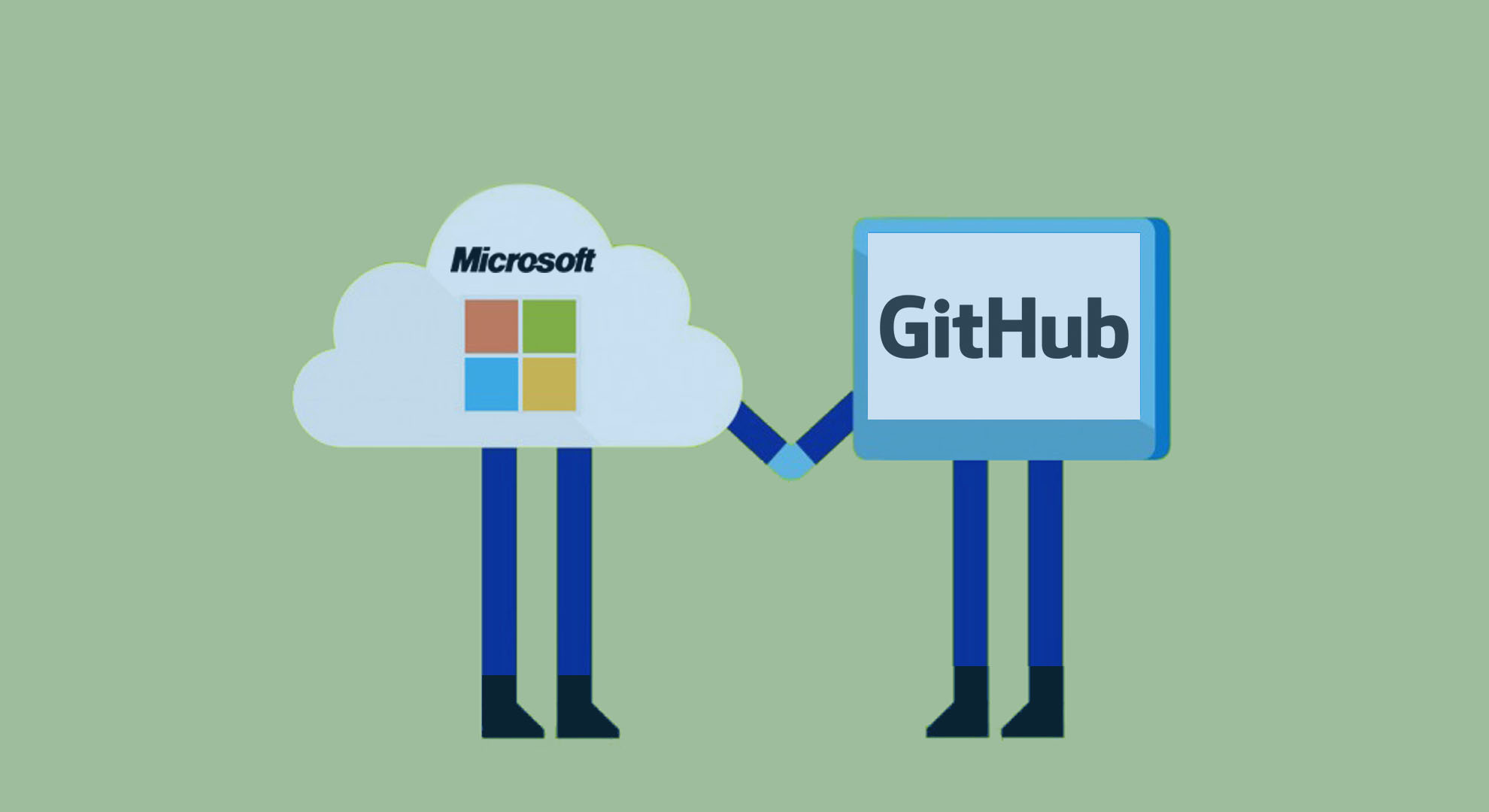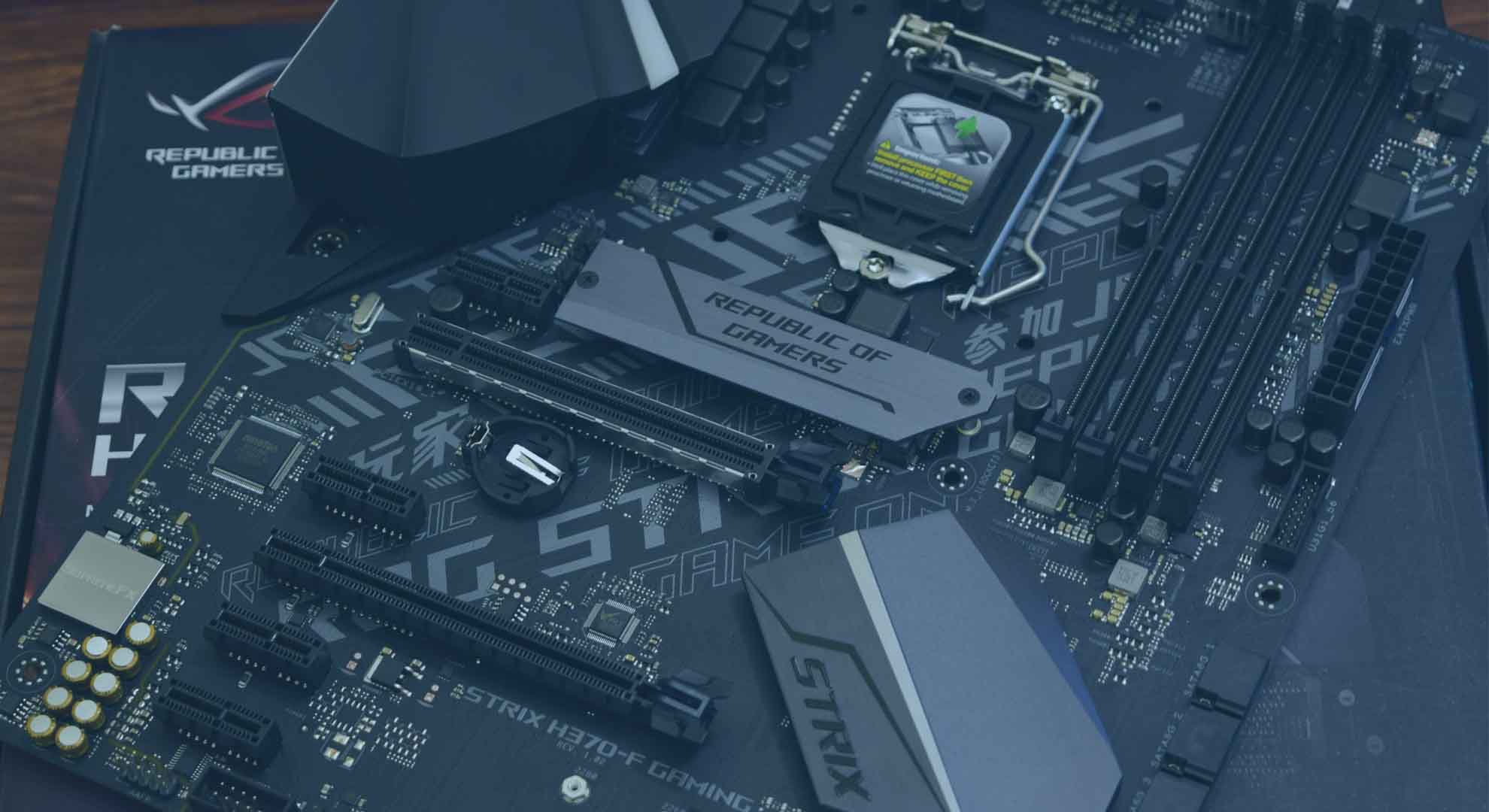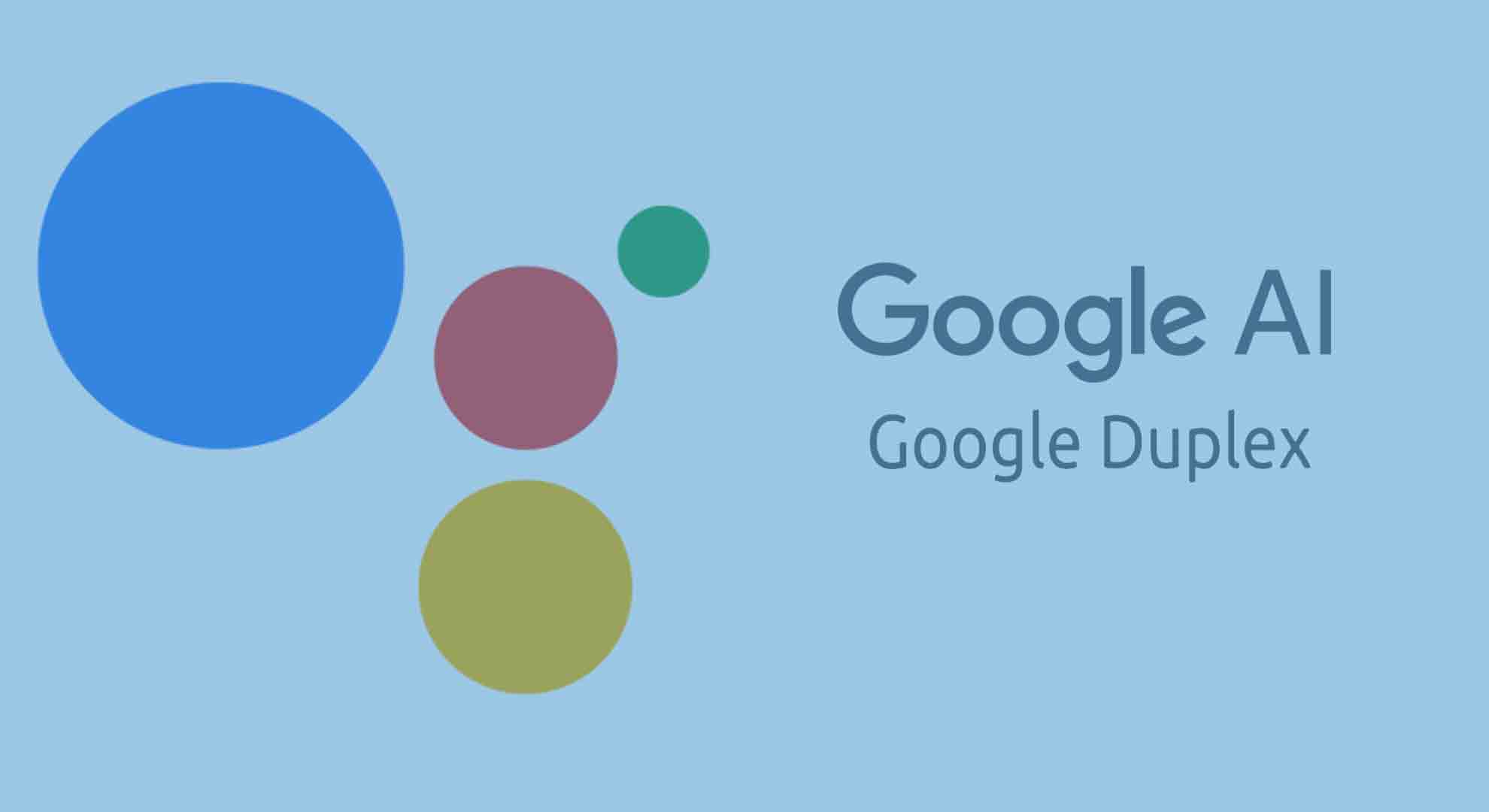Coursera and Google have often collaborated to introduce a number of online courses for IT pros and developers, over the past few years. One of them was a Machine Learning Crash course because it offered developers an introduction to machine learning. Presently, building on that, these both companies are beginning a machine learning specialization on Coursera. It consists of five courses with even more practical focus.
This new specialization enables students to build actual or real-world machine learning models. It is called Machine Learning with TensorFlow on Google Cloud Platform. It teaches them to create and sanitize datasets to writing distributed models in TensorFlow. In addition, it enhances the authenticity of those models and tunes them to discover the right parameters.
According to Google’s Machine Learning and Big Data Tech Lead Lak Lakshmanan, companies and students preferred the actual machine learning course. However, they needed an option to dig deeper into the material. Students wanted a tutorial to create a basic model and learn tips to use it in production in the cloud. This included ways to create data pipeline for it and find out how to streamline the parameters to attain improved results.
Coursera’s VP of enterprise development Leah Belsky noted that this sort of specialization with an emphasis on practical models will make the diploma more meaningful for employees.
The target audience for this specialization course encompass developers who want to build new skills. This is because of machine learning in making inroads in almost every area of tech. In addition, it is nearly impossible to recruit machine learning specialists. This course will surely be appealing to many employers who want their present workforce to learn these skills.
According to Lakshman, there a number of use cases for cutting-edge sort of machine learning model. However, these courses concentrate more on the “day-to-day models” that bring surplus value to many present products. Due to more concentration on real-world issues, Lakshaman found out that course should be more useful for newly minted graduates. This is because they are acquainted with the theories of machine learning as compared to building products.
Beginning with a course similar to this would have been a little awkward a few years ago. This is because you require comparatively a powerful hardware with a dedicated GPU to work efficiently. This situation has occurred because of the different cloud platforms that provide GPU access or specialized hardware such as Google Cloud’s TPUs. The barrier of entry has fallen significantly.
It is important to note that these courses anticipate that you are, to some extent a competent programmer. Although it has gotten much simpler to simpler with machine learning, new frameworks like TensorFlow is still an advanced skill. It will certainly still be a while before we witness a course called “get started with programming in Python by building a machine learning model”.
Looking into the future, Lakshmanan also noted that the team is considering a next course that would build upon the current one. However, it will be focused on working with unstructured data. That is a unique class of problem with its own skill set and one that will permit the graduates of the first course to apply their knowledge to a completely different set of information.















